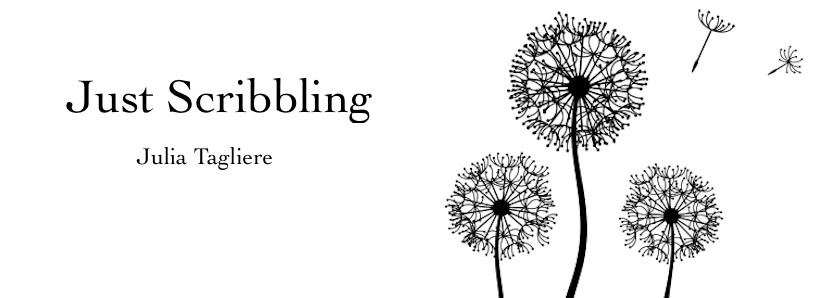 Red. Blue. Conservative. Liberal. Republican. Democrat. Hippie freak. Capitalist pig. Gay lover. Woman hater. More than in any other election I can remember in my lifetime, our votes in this election are increasingly defining us, defining our ideals, our morality—our very identity.
Red. Blue. Conservative. Liberal. Republican. Democrat. Hippie freak. Capitalist pig. Gay lover. Woman hater. More than in any other election I can remember in my lifetime, our votes in this election are increasingly defining us, defining our ideals, our morality—our very identity.
And I am afraid.
Not to vote—too many brave men and women have given their all throughout our history to give me that right, and I will always exercise it, soberly, thoughtfully, and proudly.
What scares me is that in today’s environment, people are so very swift to make instant, blanket assumptions about who you are as a person because of the candidate for whom you vote.
My children are learning about the election process in school. When one of them ventured to declare a hesitant preference for Romney in a class discussion, a classmate snapped, “Wow, you must hate gay people!” Another overheard a student in the hall say, “You’re only supporting Obama because he’s black.” Yes, even children are jumping on the assumption bandwagon, which is to be expected to some extent–they’re kids, right? They’re not expected to have a deep understanding of all of the election issues or the candidates’ positions. But it begs the question, where are they learning to make these deeply political assumptions?
This year, our electoral process has boiled down, as it often does, to just two main choices. It’s true, there are others, but let’s be realistic here: how many can you name?
Like it or not, for all intents and purposes, we have just two candidates from whom to choose. That’s it. With all of the thorny, complicated, heart-wrenching issues facing our country today, does anyone really believe that one or the other candidate is a 100% fit for solving all of them? Of course not. But in this hyper-polarized environment we’ve created over the last decade or so, if you vote for one candidate because of his position on a specific set of issues, it automatically means that not only do you not care about the other issues, but you are actively against them. Why would anyone want to share their choice in this charged atmosphere?
I don’t think there are as many undecided voters out there today as people believe. I think what’s more likely is that there are a number of voters out there who have made a decision, but who hesitate to make it public because of the unfair assumptions that will be made as a result. We are not Undecided; we are Uneasy.
If I told you I was voting for Obama, might you make an assumption that I’m for universal health care and raising taxes on the wealthy? Yep. If I told you I was voting for Romney, might you make the assumption that I’m pro-life and anti-gay? Yep. Those are all potential assumptions.
But—and this is what people are forgetting in their sprints to judgment—what if I agree with both candidates on some things, but strongly disagree with them on others? What if I’m such a strange blend of fiscal conservatism and social liberalism that neither candidate truly represents me? I still have to choose one, don’t I? If I choose one candidate, I’ll be vilified for being an anti-gay, anti-poor, misogynistic, capitalist pig. If I choose the other, I’ll be slammed for being a spendthrift, tax-happy, anti-business, socialist pig. I can’t win; therefore, I am silent. But that does not mean that I am Undecided.
I have a choice to make, and I will do the best I can to make it, as I always do, soberly, thoughtfully, and with what I feel are the best interests of my country as a whole in mind, not my own personal interests. But I ask that everyone, today and every day for the next four years, try to remember that neither candidate will ever be a perfect fit for every voter’s beliefs, and that making assumptions about a person’s character, morality, and values based upon such a difficult and limited choice is unfair. Give people credit for being more than just their votes—we can choose one candidate without it meaning that we support everything that they espouse. We have to; otherwise, who would ever vote?
I tried to explain it to my children this way: I hate both squash and tomatoes. If that were all that was left in the world to eat, I’d have to choose one or die of starvation. Choosing one in that situation doesn’t mean I like it— it means it’s the only choice I have, so I just have to suck it up and choose.
Red. Blue. Conservative. Liberal. Republican. Democrat.
Squash. Tomatoes.
I am more than my vote.
